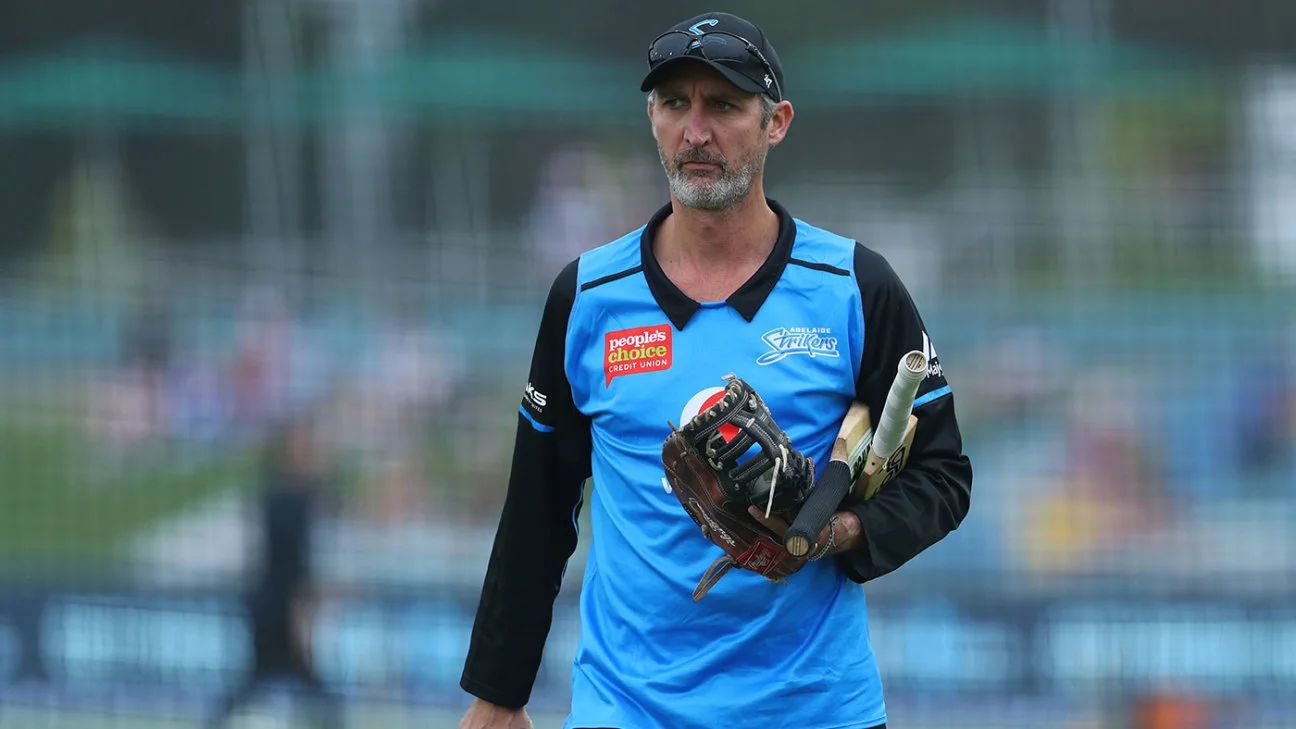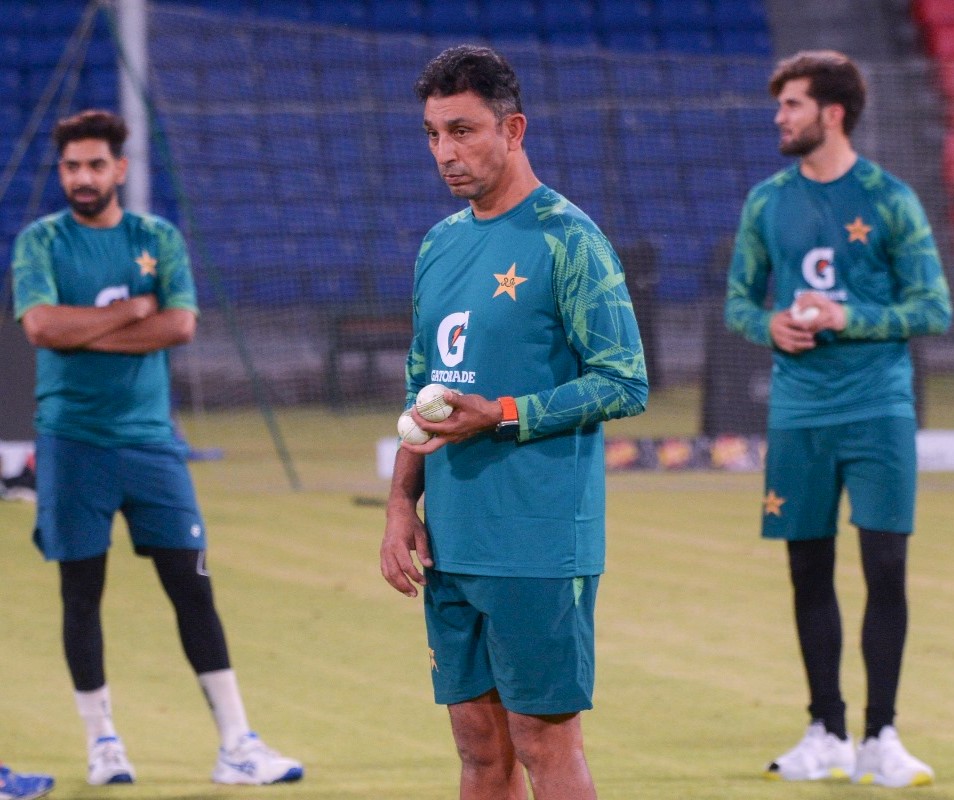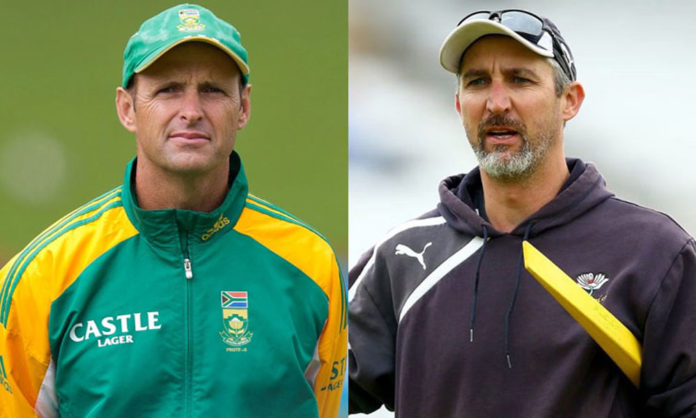The Pakistan Cricket Board (PCB) recently appointed former South African batsman Gary Kirsten as the white-ball head coach and ex-Australian fast bowler Jason Gillespie as the head coach for the Test team.
Former Pakistani all-rounder Azhar Mehmood will be assisting them across all formats as an assistant coach, adding a blend of international expertise and local insight to the coaching staff.
This marks the first time in Pakistan cricket history that separate coaches have been designated for white-ball and red-ball formats, signalling a strategic shift in the team’s management approach.
But amidst the excitement surrounding these appointments, questions loom large among fans and pundits alike: why opt for foreign coaches, and can they truly transform the fortunes of the Pakistani cricket team?
Let’s delve into the profiles of the new coaches:
Jason Gillespie
A right-arm fast bowler, Gillespie represented Australia in 71 Tests, 97 ODIs, and one T20I, amassing an impressive tally of 402 international wickets. His illustrious career includes being part of the Australian squad that clinched the 2003 Cricket World Cup.

Gillespie’s coaching journey has seen him lead Zimbabwe from 2010 to 2012 and guide Papua New Guinea in 2017.
Gary Kirsten
Renowned for his elegant stroke play, Kirsten graced the cricketing world with his presence, representing South Africa in 101 Tests and 185 ODIs. Accumulating over 14,000 international runs, including 34 centuries, Kirsten’s prowess with the bat earned him a stellar reputation.

As a coach, he achieved remarkable success with the Indian and South African teams, playing pivotal roles in their ascent to the top of the ICC Test rankings, as well as India’s 2011 World Cup triumph.
How can new coaches reshape Pakistan Cricket’s future?
While many welcome the decision, observers emphasize the need for stability and continuity in coaching. Past instances of premature coach removals by the PCB due to a few losses or changes in leadership have raised concerns.
Reflecting on history, the contributions of former coaches like Bob Woolmer and Mickey Arthur underscore the positive impact foreign coaches can have on Pakistani cricket.
However, building a successful team requires patience and investment in coaches, rather than succumbing to the pressures of fans and social media.
Kirsten and Gillespie bring with them extensive coaching experience from around the globe, coupled with illustrious playing careers. However, their success hinges on being allowed to work without interference.

A senior sports journalist aptly remarked, “No coach possesses a magic wand to instantly elevate a team to greatness.” Success is not solely achieved by bringing in high-profile coaches; rather, it requires a conducive environment and a long-term vision.
Simultaneously, there is a call for integrating local coaches with Kirsten and Gillespie. This collaboration can not only enhance the local coaching structure but also provide valuable learning opportunities for homegrown talent.
In conclusion, while the appointments of Kirsten and Gillespie hold promise, their success ultimately depends on the PCB’s commitment to providing them with the necessary support and allowing them the time to implement their strategies.
With the right blend of guidance, patience, and collaboration, Pakistan cricket can indeed chart a path to success under the tutelage of these seasoned mentors.
Stay tuned to Brandsynario for the latest news and updates.








































